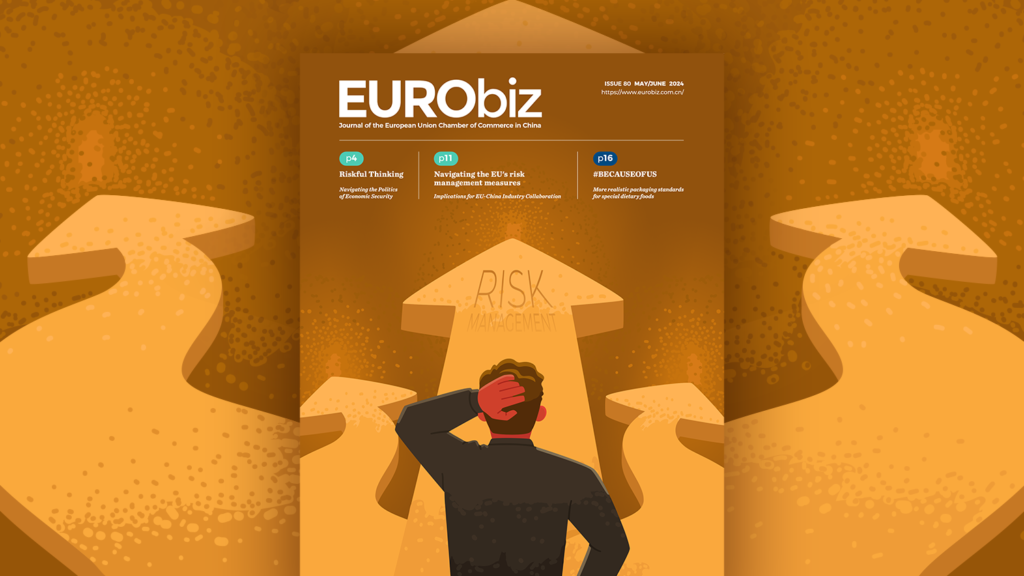
Risk management has emerged as a key focus in recent years. The COVID-19 pandemic exposed the fragility of global supply chains, and Russia’s invasion of Ukraine highlighted the potential for critical dependencies to be weaponised. However, while all countries have the right to ensure the security of their respective economies, there is no agreement on how this should be achieved.

For its part, the European Union’s (EU’s) approach to ‘de-risking’ has arguably been the least disruptive to business and globalisation compared to that of the other major economies. The bloc is seeking to build resilience through diversification and remove potential market distortions in a country-agnostic manner, all while retaining as open a market as possible.
By contrast, China’s efforts have been far more comprehensive — both in terms of their breadth and the intensity with which measures have been pursued. Its policymakers have implemented a series of progressive policies, the roots of which date back to the mid-2000s, aimed at achieving a high degree of technological self-reliance and supply chain security.
But China’s focus on security comes at a cost, not only to business, but also to China. It is forcing foreign companies to question what kind of relationship the country wants to have with them and whether the Chinese market will remain welcoming in the long-term. In turn, the country’s attractiveness as an investment destination is deteriorating, as the findings of this year’s Business Confidence Survey testify.[1] The survey found the proportion of respondents that rank China as a top destination for both present and future investments is at the lowest level on record.
The intense focus on security is also now leading to push back from China’s trade and investment partners, as they find themselves under pressure to take action to ensure their own competitiveness does not suffer at the hands of Chinese industrial policy. In this regard, the EU’s recent launch of several probes into subsidy and procurement practices could be just the tip of the iceberg if the imbalances and lack of reciprocity in the EU-China relationship are not resolved satisfactorily.
Despite these challenges, the relationship still has much potential to create value for both sides. To capitalise, the EU and China need to engage in open, candid discussion on risk and, in particular, better align on which actions constitute common-sense pragmatism and which constitute protectionism. While this is an ambitious aim, progress can only be made once such a consensus is reached.
To this
end, the European Chamber
recently published a report, Riskful Thinking: Navigating the Politics of
Economic Security, in partnership with China Macro Group.[2] Our hope is that the paper contributes
to the ongoing discussion on de-risking and risk management more broadly, by paving
the way for the development of a common language on the subject. The Chamber stands ready to engage with
policymakers, academics and industry stakeholders on both sides to advance this
endeavour.
[1] European Business in China Business Confidence Survey 2024, European Union Chamber of Commerce in China, 10th May 2024, viewed 10th May 2024, <https://www.europeanchamber.com.cn/en/publications-business-confidence-survey>
[2] Riskful Thinking: Navigating the Politics of Economic Security, European Union Chamber of Commerce in China & China Marco Group, 20th March 2024, viewed 9th May 2024, <https://europeanchamber.oss-cn-beijing.aliyuncs.com/upload/documents/documents/Riskful_Thinking_Navigating_the_Politics_of_Economic_Security[1175].pdf>


Recent Comments